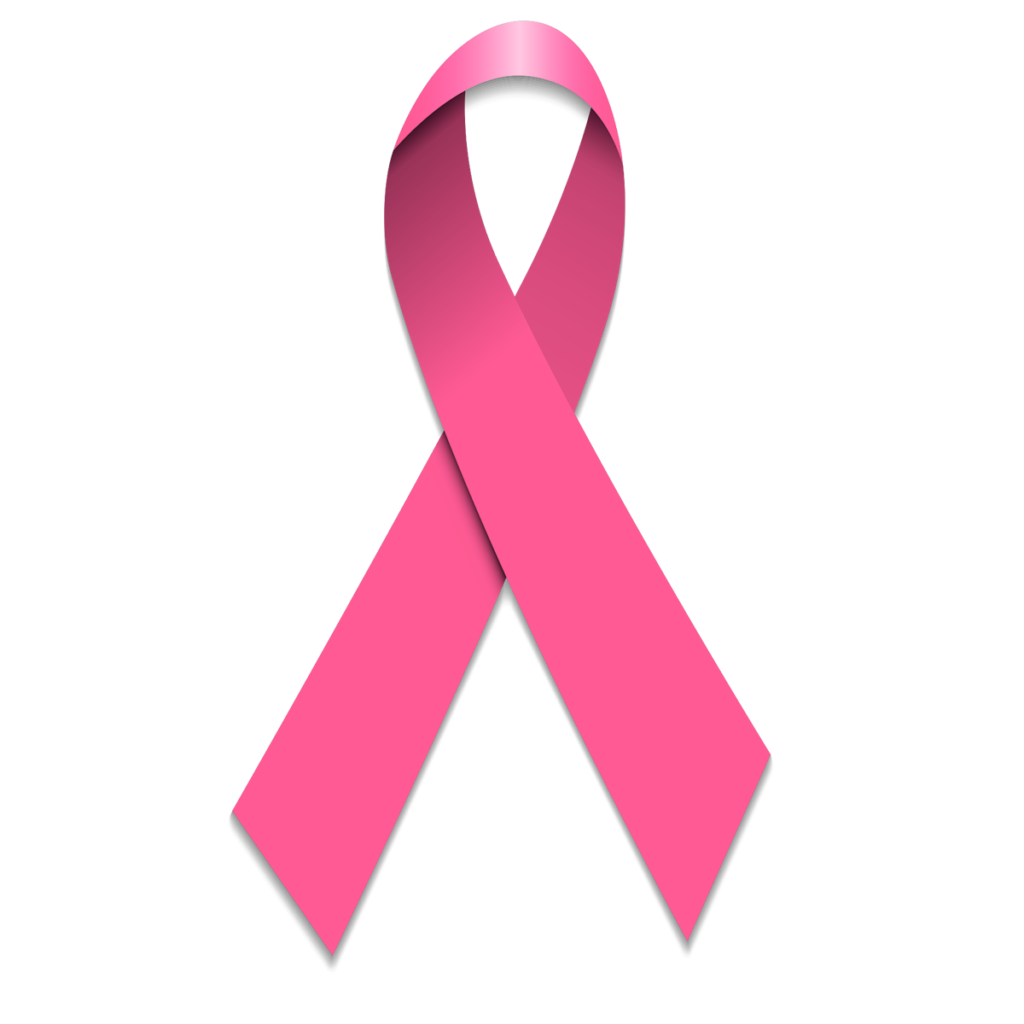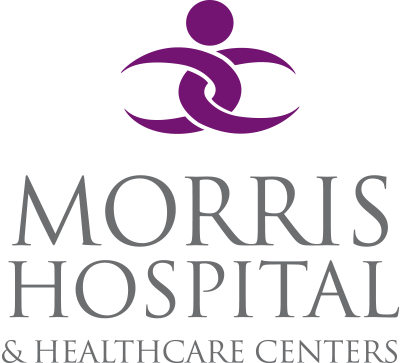 For women at average risk, these simple guidelines from the American Congress of Obstetricians and Gynecologists can help to detect breast cancer early:
For women at average risk, these simple guidelines from the American Congress of Obstetricians and Gynecologists can help to detect breast cancer early:
- Examine your breasts on a regular basis so you know how they normally look and feel. Report any changes to your healthcare provider.
- Have a clinical breast exam every 1-3 years between ages 25-39. Beginning at age 40, women should have a breast exam by a healthcare provider every year.
- For women at average risk without symptoms of breast cancer, talk to your provider about having an annual screening mammogram beginning at age 40.
Mammography services are now offered in Morris, Channahon, and Ottawa.
Call 815-942-4105 to schedule your appointment!
FACTS & FIGURES
WHAT IS BREAST CANCER?
Breast cancer is a group of cells (malignant tumor)that originates in the cells of the breast. Cancer is a broad term for a class of diseases defined by abnormal cells that grow and invade healthy cells in the body. Breast cancer begins in the cells of the breast and can then spread (metastasize) to other areas of the body.
-Source: National Breast Cancer Foundation
FACTS ABOUT BREAST CANCER
Per the National Breast Cancer Foundation:
- 1 in 8 women in the United States will be diagnosed with breast cancer in her lifetime
- Breast cancer is the most commonly diagnosed cancer in women
- Breast cancer is the second leading cause of cancer death among women
- Each year it is estimated that more than 252,710 women in the United States will be diagnosed with breast cancer and more than 40,500 will die
- Although breast cancer in men is rare, an estimated 2,470 men will be diagnosed with breast cancer and approximately 460 will die each year
- On average, every 2 minutes a woman is diagnosed with breast cancer and 1 woman will die of breast cancer every 13 minutes
- Over 3.3 million breast cancer survivors are alive in the United States today
CAUSES & RISK FACTORS
The exact cause of breast cancer is unknown. What is known is that breast cancer is caused by damage to a cell’s DNA.
Certain risk factors are more likely than others to develop breast cancer. Those risk factors include:
GENETIC FACTORS
- Gender
- Age
- Race
- Family History and Genetic Factors
- Personal Health History
- Menstrual and Reproductive History
- Certain Genome Changes
- Dense Breast Changes
AVOIDABLE FACTORS
- Lack of Physical Activity
- Poor Diet
- Being Overweight or Obese
- Drinking Alcohol
- Radiation to Chest
- Combined Hormone Replacement Therapy (HRT)
Breast cancer is NOT caused by wearing underwire bras, implants, deodorants, antiperspirants, mammograms, caffeine, plastic food serving items, microwaves or cell phones.
–Source: National Breast Cancer Foundation
MAMMOGRAPHY SERVICES
WHAT IS MAMMOGRAPHY?
Mammography is a specific type of imaging that uses a low-dose x-ray system for the examination of breasts. A mammography exam, called a mammogram, is used as a screening tool to detect early breast cancer in women experiencing no symptoms and to detect and diagnose breast disease in women experiencing symptoms such a lump, pain or nipple discharge.
Mammography plays a central part in early detection of breast cancers. However, initial mammography images themselves are not always enough to determine the existence of benign or malignant disease with certainty. Depending on the findings, the Radiologist may recommend further diagnostic studies.
WHAT IS 3-D MAMMOGRAPHY?
Breast tomosynthesis, or 3-D mammography, is a new technology in the fight against cancer. During the tomosynthesis part of the exam, the X-ray arm sweeps in a slight arc over the breast, taking multiple breast images in just seconds. A computer then produces a 3-D image of your breast tissue in one millimeter layers. Now the radiologist can see breast tissue detail in a way never before possible. We are excited to be performing this service at our Morris Hospital and Morris Hospital Ridge Road Campus locations.
MAMMOGRAPHY LOCATIONS
Mammography services are available at the following locations:
NEXT STEPS
To learn more about mammography, please visit our Mammography webpage.
If you’d like to schedule an appointment, call 815-942-4105.
